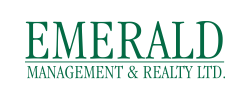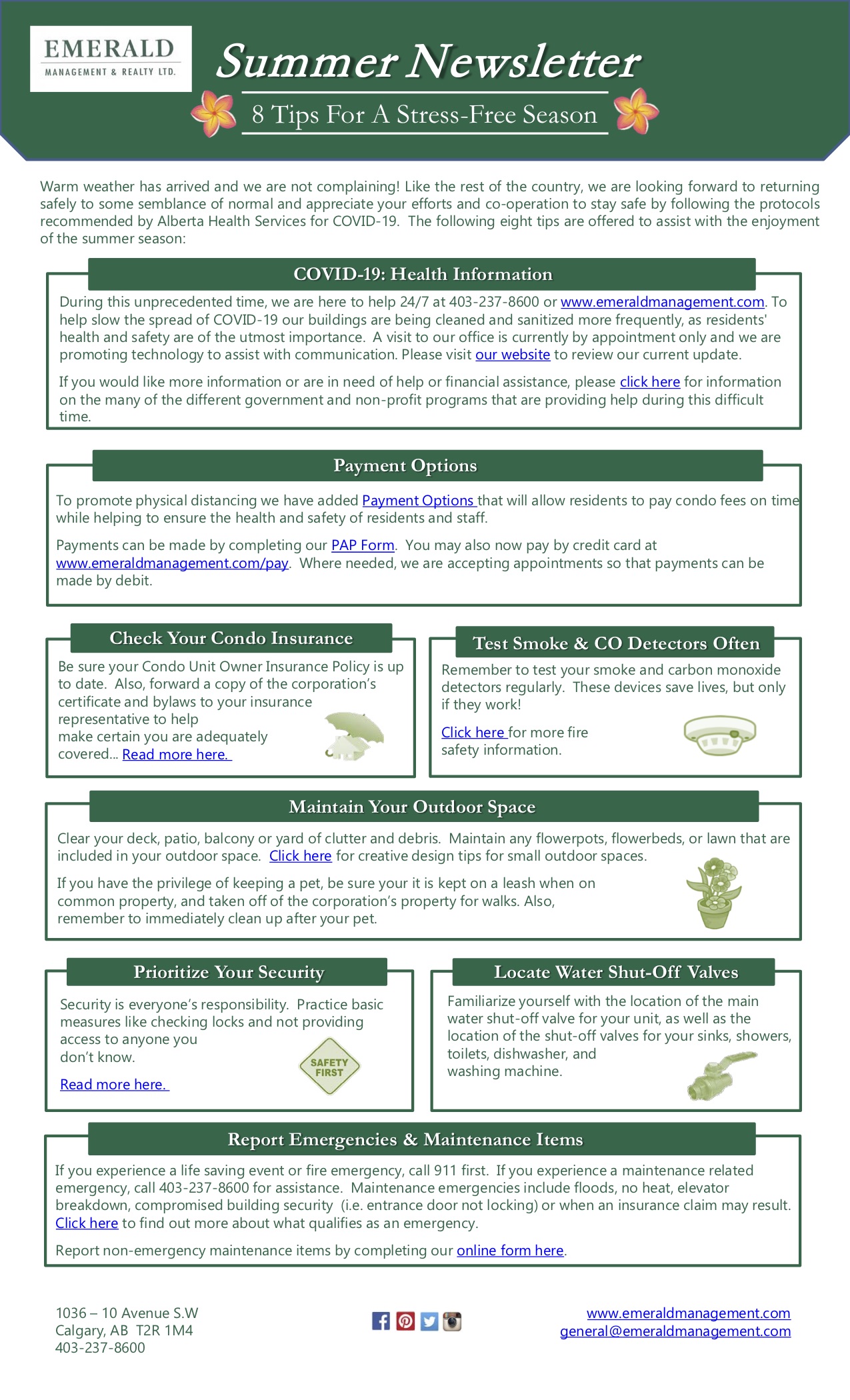
“Condominium Contributions” most commonly known as “Condominium Fees” refers to the annual levy paid by every owner in a condominium building to cover ongoing operational, repair and maintenance costs. Depending on the condo building management, such fees or contributions are most often paid monthly (or, sometimes annually depending on the condo board).
The amount of the fees due per unit are based on the prescribed unit factors of the condo unit. This is defined on the Condominium Plan and registered at Land Titles (Alberta).
The condo fees and reserve fund contributions aim to cover all forecasted operating expenses and capital expenses for the next financial year, and will be based on historical operating figures. Any major expenses anticipated for the forthcoming year will be included and, in such case, the projected condos fees will need to take such major expenses into account.
How condominium fees work
The prescribed amount of condominium fees are determined after the preparation of an annual operating budget for the condo corporation. The budget may be prepared by either the condo board or by a third-party, such as a property management company engaged to manage the condo corporation.
The condo board will review and endorse the proposed operating budget, in addition to considering and prioritizing any improvement or major projects and reserve fund expenses. The costs of such works may be included in the annual condo fees (unless they involve significant costs, whereupon a special levy may need to be charged on owners for the year in question).
While all purchasers of a condominium in the concerned condominium community become a member of the Corporation, there will be an elected Condo Board, which represents all owners. The Board will make decisions on matters, such as setting the budget and the condo fees.
Of general interest, this is also very similar to how fees and dues are handled in Homeowner Associations (HOAs). Essentially a homeowners association fees is a monthly due paid by the homeowner who lives in and HOA. A community that is set up is an HOA then uses the fees and dues collected to help maintain the common areas, properties owned by the HOA and amenities.
Why are condo fees important?
A common question we receive is: “What do condo fees pay for?”
In short, they provide the necessary funds to keep the condo and related property operating and in good repair. For example, common areas need to be cleaned, the corporation property must be insured and maintained, necessary repairs must be attended to and so on.
These fees also set aside an amount every year (called the “reserve fund”) to pay for future major renovations and replacements that need to be undertaken, such as replacing the condo’s roof or the building’s heating or ventilation system.
All condo owners have a vested interest in keeping their building in good condition and state of repair, thereby protecting the value of their investment.
Expenses included in most Calgary condo fees
Many condo owners want to know what condo fees include. In Calgary, most condo fees include (but are not limited to) costs for the following items:
- Cleaning and repair and routine maintenance of common areas — such as hallways, lobbies and external areas, gyms and swimming pools
- Repair and maintenance of machinery such as elevators and water pumps, as well as the building structure itself
- Utilities, such as for heat, water and sewers in common areas, plus garbage collection fees
- Security guards and reception/concierge personnel if required;
- Landscaping and snow clearing for any greenery, yards, gardens, decks, sidewalks or driveways
- Building and public liability insurance
- Management company fees for the overall management and administration of the condominium corporation
- For larger buildings, caretakers and/or live-in managers (if required)
- Any scheduled repairs to maintain the building in good condition or enhance its life
Expenses less commonly (or not) included in Calgary condo fees
- Owner’s personal insurance
- Repair and maintenance items or improvements within a condo owner’s unit
- Utilities, internet or cable TV provided exclusively for a condo unit occupier
- Leasing fees, if a condo owner chooses to lease out their unit
- Mortgage repayments or sales commissions, if a condo owner sells their unit
Need help with matters relating to condo fees?
If you have any questions or are looking for help with anything relating to condo fees in Calgary or the surrounding areas, our team at Emerald Management & Realty Ltd. is happy to be of service.
To learn more or if you have any general inquiries, contact us today by calling us at 403-237-8600 or filling out our contact form. We pride ourselves on being available for our clients 24 hours a day, 7 days a week.



